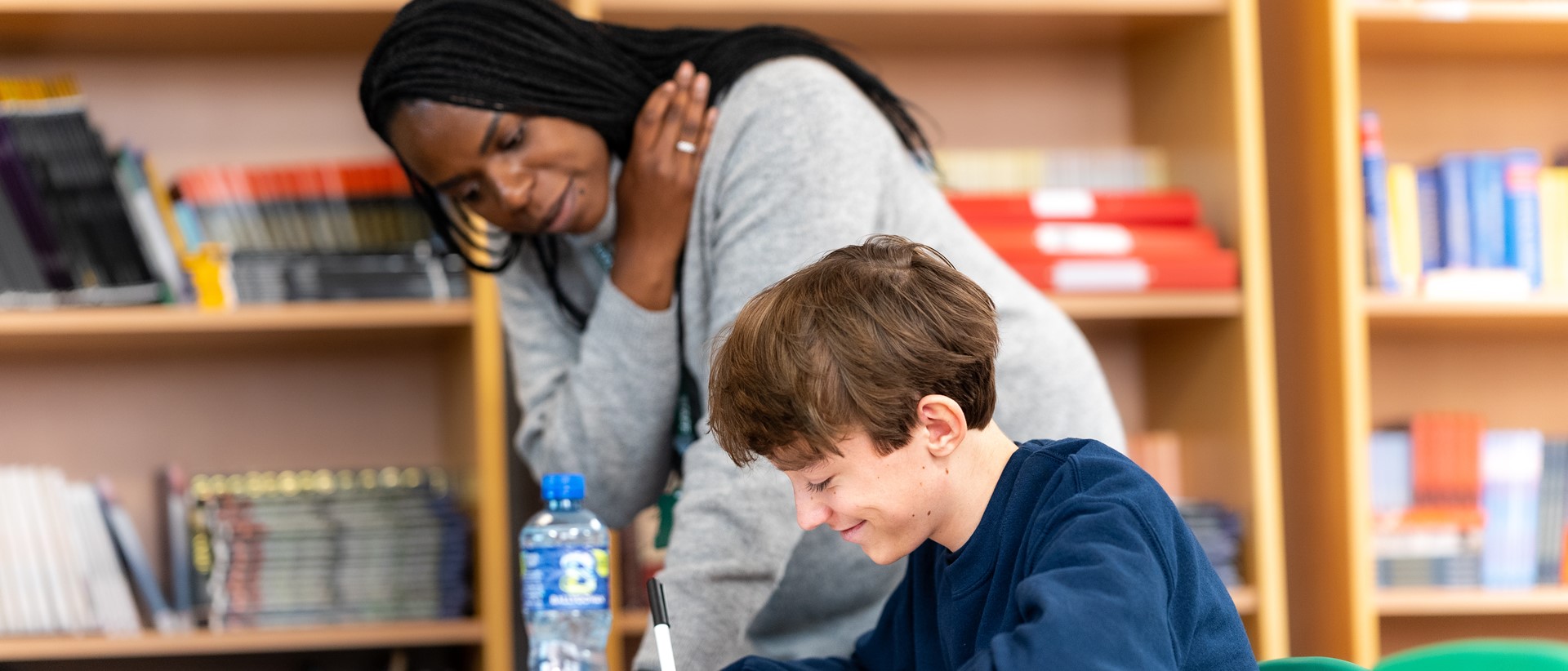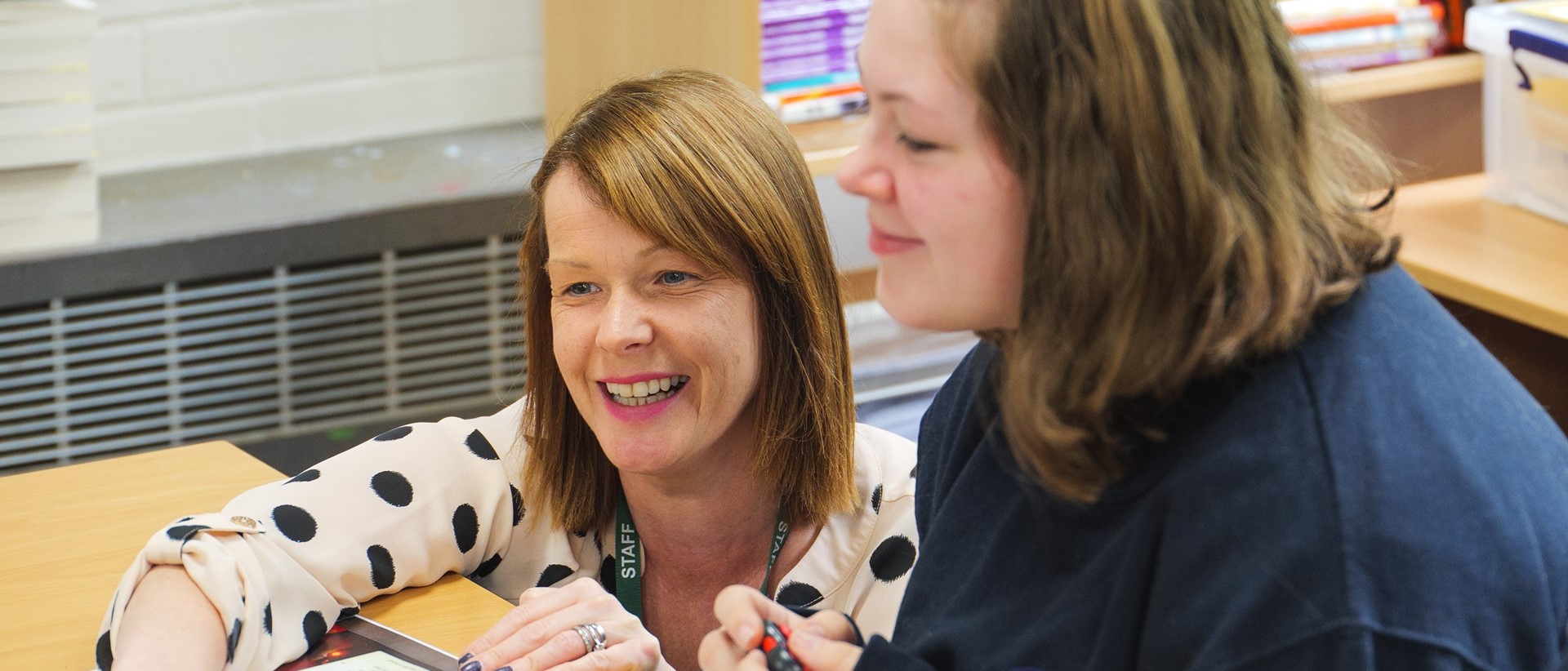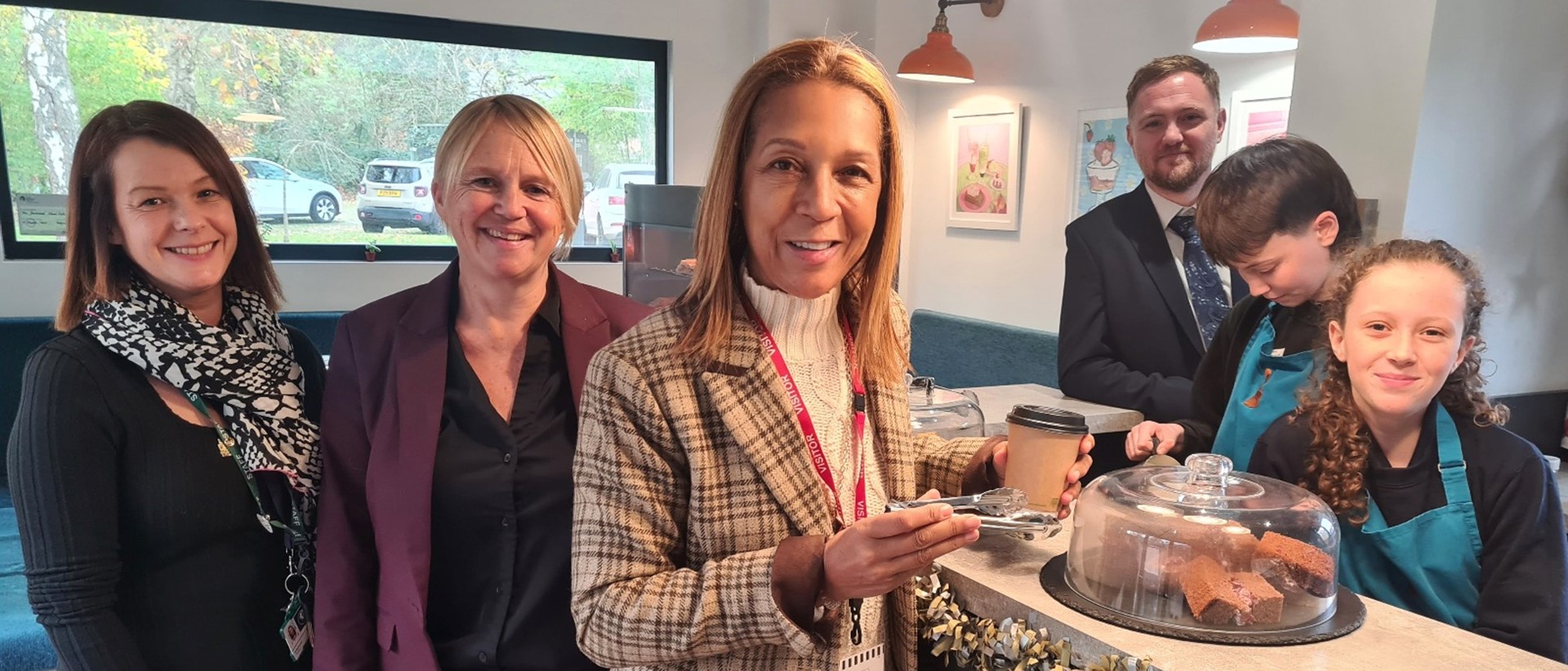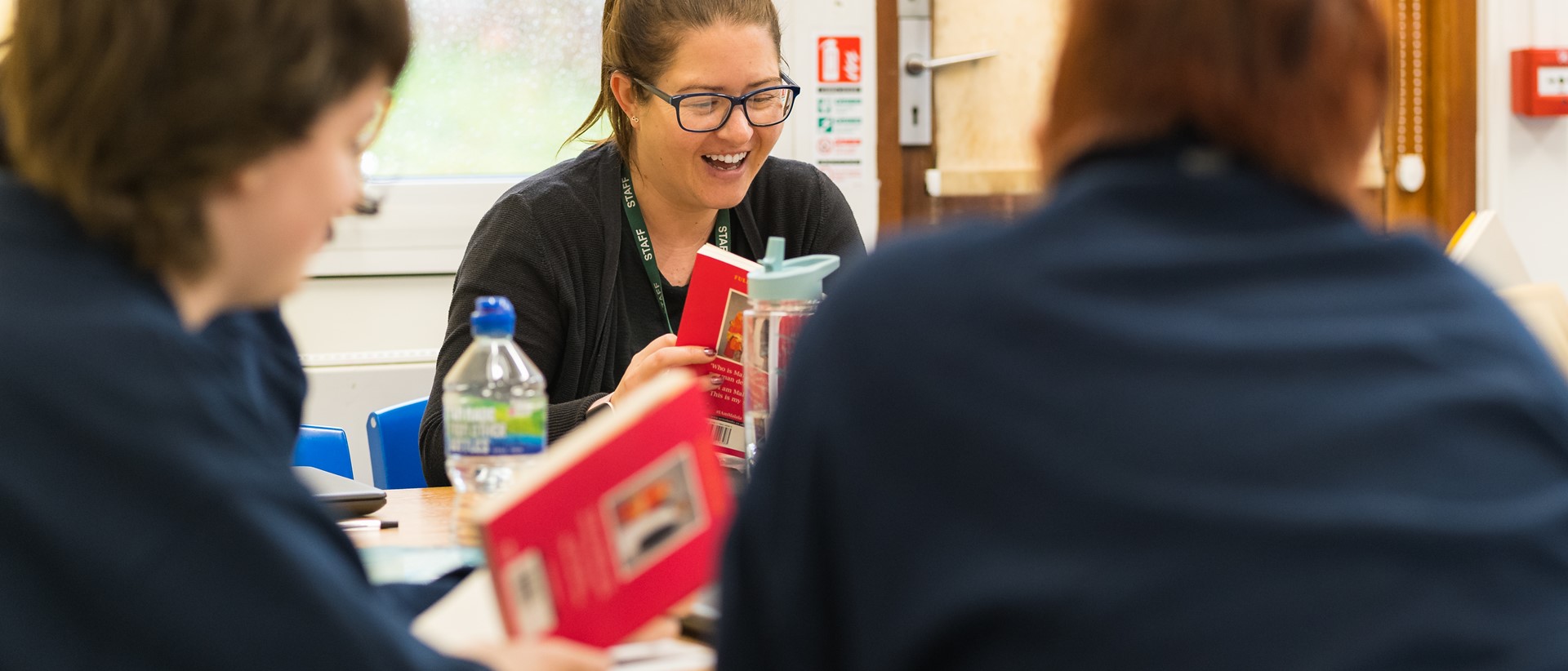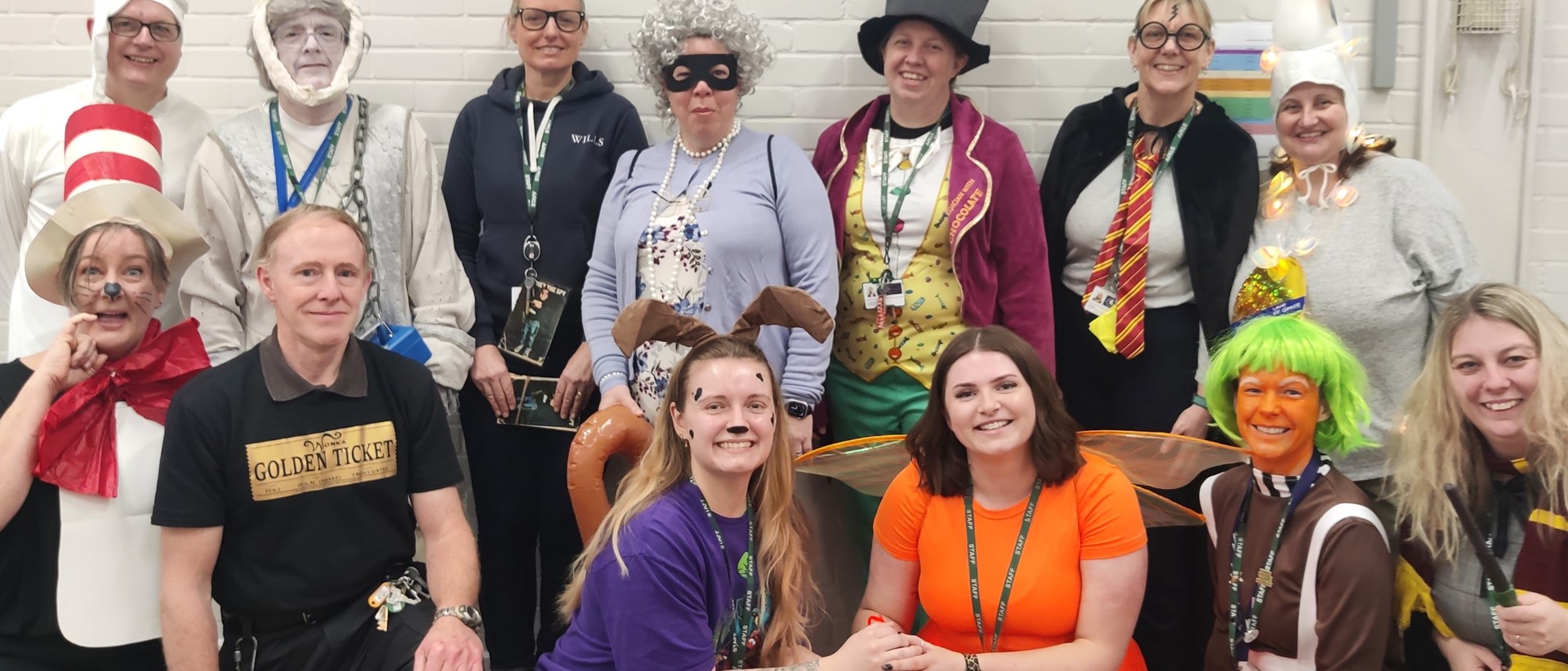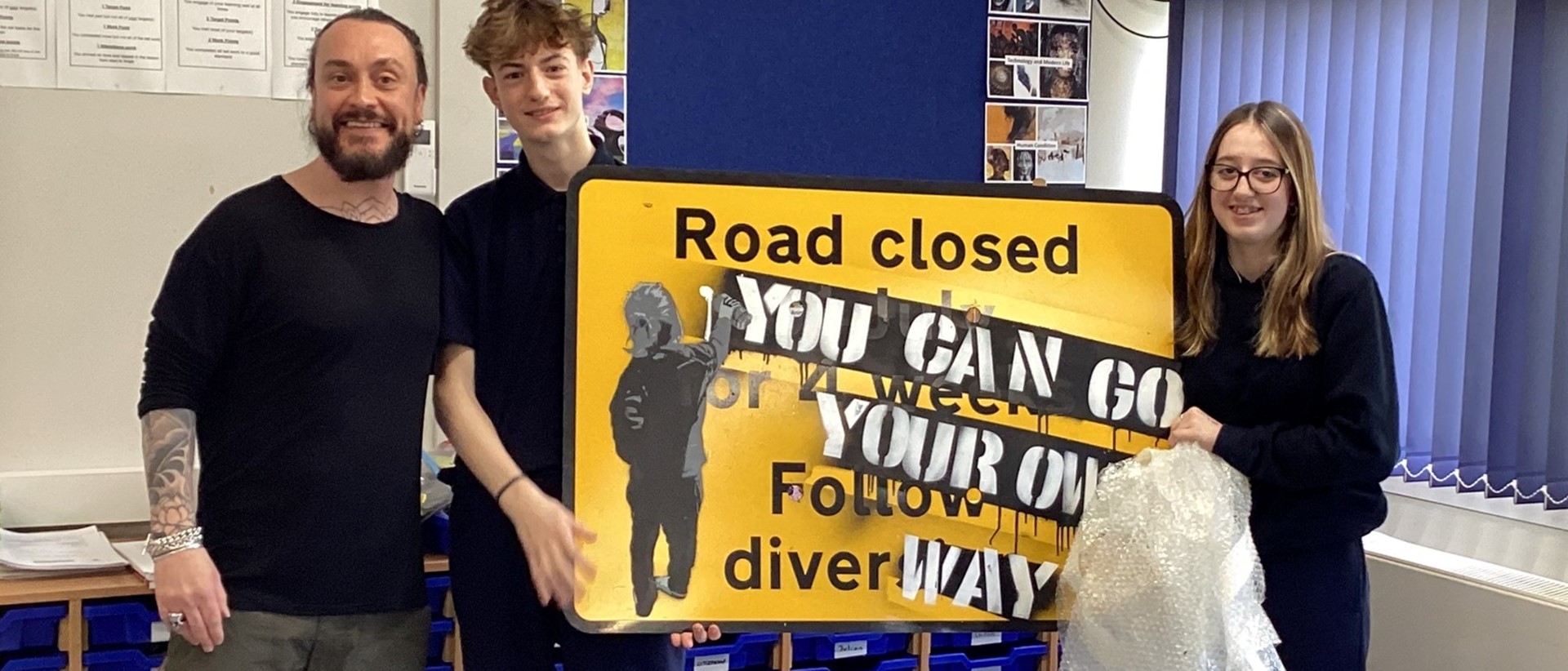Overview
At Key Stage 3, pupils study Science in line with the National Curriculum. Lessons focus on developing a strong foundation in the key principles of Biology, Chemistry, and Physics, preparing pupils for GCSE study in Key Stage 4.
Our approach ensures that pupils not only gain essential knowledge, but also develop the scientific skills needed to think critically, apply concepts, and work practically.
Curriculum Content
The KS3 Science curriculum is structured around the key concepts of each discipline. Topics covered in KS3 include:
- • Biology - cells and organisation, genetics and inheritance, health, ecosystems.
• Chemistry - states of matter, separation techniques, atomic structure, particles and the periodic table, chemical reactions, matter, and the Earth
• Physics - forces, energy, waves, electricity and magnetism, and space
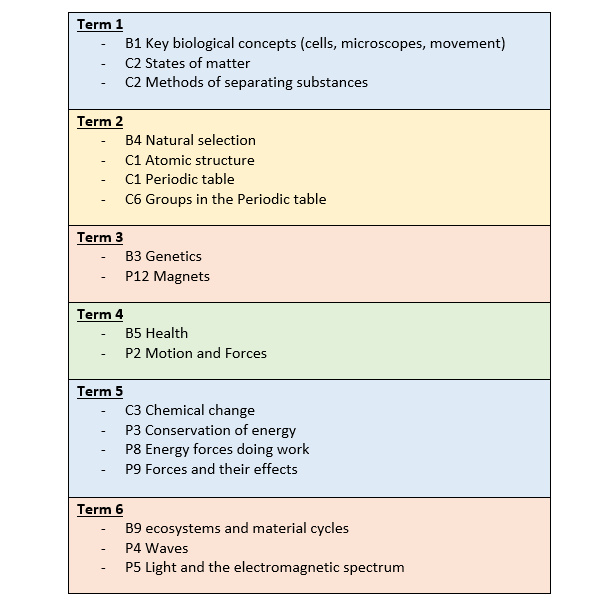
- These topics are revisited and built upon to deepen understanding and prepare pupils for the demands of GCSE Science.
Required Practicals
Throughout KS3, pupils carry out a range of practical activities to:
- Develop confidence in using scientific equipment
- Apply knowledge in hands-on investigations
- Build the practical skills needed for GCSE required practicals
-
Assessment Information
Pupils complete an assessment at the end of each topic to check knowledge and understanding.
Assessments help track progress, identify strengths, and highlight areas for further support.Skills Developed
Studying Science at KS3 helps pupils to:
- Understand core scientific concepts across Biology, Chemistry, and Physics
- Develop curiosity and confidence in asking scientific questions
- Strengthen communication, problem-solving, and data-handling skills -
Online Learning Platforms
To support independent learning and revision, pupils have access to:
Seneca Learning - interactive online learning and revision platform
-
BBC Bitesize - useful resource to support further understanding of concepts

